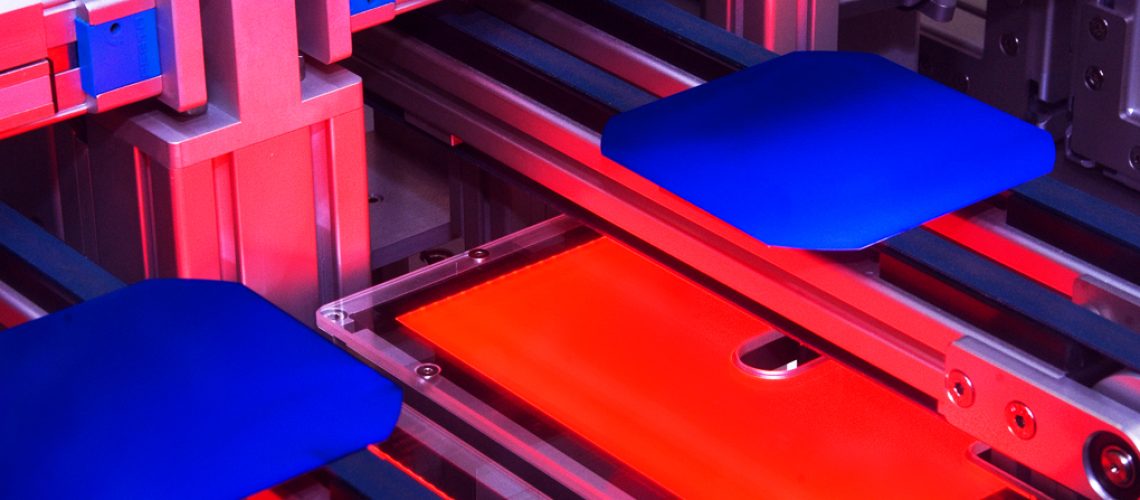Manufacturers in every leg of the solar value chain are requesting long-term PV tax credits in the budget reconciliation legislation.
A letter was sent to Congress, signed by over 100 companies throughout the US solar manufacturing supply chain, to request long-term solar manufacturing tax credits in the federal budget reconciliation bill. The letter said tax credits would grow supply chains, strengthen energy resiliency, and create manufacturing and production jobs.
The letter goes on to say the United States has the tools and natural resources to manufacture equipment that will help it achieve carbon reduction commitments made by the White House. The letter states, “From the minerals and raw materials to millions of tons of intermediate components like steel – as well as in manufacturing of final stage products throughout the energy supply chain, domestic production and manufacturing is poised to grow significantly with passage of these provisions.”
The letter was addressed to President Biden, Sen. Charles Schumer, Speaker Nancy Pelosi, Sen. Ron Wyden, and Rep. Richard Neal.
“Passage of the energy tax provisions would allow domestic production and manufacturing to advance U.S. leadership in the trillion-dollar global clean energy market. With these policies in place, we can invest in production and manufacturing in the United States. The provisions will not just grow existing producers, it will lead to repatriating manufacturing jobs and sectors, the restarting of idled facilities, and producers and factories filling orders and supplying equipment for power plants and energy production facilities nationwide.”
Trying again
Last December, the Senate Finance Committee released its draft of the Build Back Better infrastructure bill, which had up-front incentives for the domestic manufacturing of solar PV wafers, cells, modules, trackers, and inverters. The bill was then shut down by Sen. Joe Manchin, who pulled his must-have vote in face of unanimous opposition from Republicans.
Included in the bill were incentives for the manufacture of thin film PV or crystalline PV cells. The incentive would pay $0.04 per watt DC capacity of the cell. PV wafers would be offered $12 per square meter, and solar-grade polysilicon is offered $3 per kilogram U.S.-made solar modules are offered an incentive of $0.07 per watt.
Trackers were also incentivized in the bill. Structural fasteners would qualify for $2.28 per kilogram, longitudinal purlins $0.87 per kilogram, and structural fasteners $2.28 per kilogram.
Microinverters, with capacity of 650 W or less can receive $0.11 per watt, while other residential inverters with 20 kW capacity or less are offered $0.065 per watt. Commercial inverters that range between 20 kW and 170 kW would be eligible for an incentive of two cents per watt. Utility-scale inverters with capacity between 170 kW and 1 MW of capacity would be offered an upfront incentive of $0.015/W if BBB is passed, and central inverters greater than 1 MW in capacity would be eligible for an incentive of $0.025/W.
Last November, Sen. Jon Ossoff’s (D-GA) Solar Energy Manufacturing is working its way through the legislature, too. Ossoff’s bill would offer tax credits for several steps along the PV supply chain, including for the domestic manufacture of modules, cells, and solar-grade polysilicon, as well as trackers and inverters. The incentives would be available through 2028 with a phase-down over the following two years. On November 19th the bill was passed by the U.S. House of Representatives, and it next faces review by the Senate.



